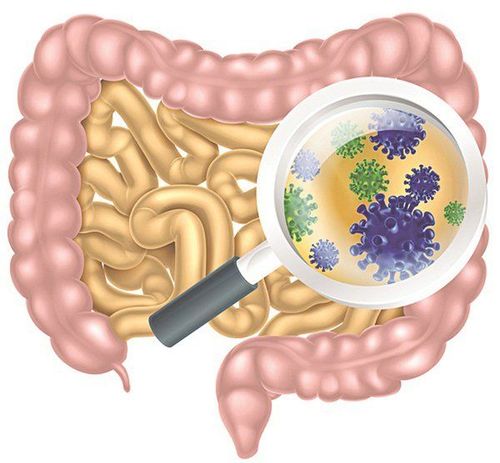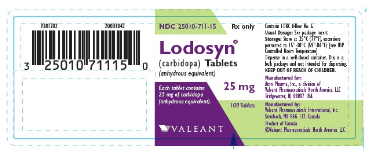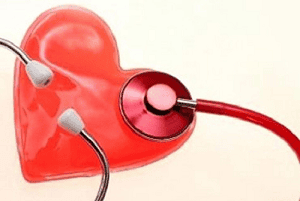This is an automatically translated article.
Dr. Jean Olivier is a French interventional cardiologist with clinical experience in the fields of echocardiography, stress echocardiography, stress testing, coronary angiography, coronary intervention, and valvular angioplasty. Dr. Jean Olivier is a French interventional cardiologist with extensive clinical experience in the fields of echocardiography, stress echocardiography, stress testing, coronary angiography, coronary intervention, and angiography. aortic valve via cathether tube ... Currently, he is working at the city hospital La Roche-sur-Yon. Doctor Jean Olivier is working at Vinmec International General Hospital from January 19 to 31, 2015. Talking about cerebrovascular accident, he said: Every year in France, about 140,000 people have a cerebrovascular accident. In Vietnam, there are about 200,000 such people. The consequences of the disease are extremely heavy, because 1 out of 5 people who have a cerebrovascular accident will die within 1 month after that; One out of every three people infected will be dependent for the rest of their lives.Doctor Jean Olivier is working at Vinmec international general hospital from January 19 to 31, 2015.
So what is a cerebrovascular accident, what are the causes and consequences? A stroke caused by a cerebral infarction is a condition in which one of the cerebral arteries is completely blocked due to increased narrowing of the lumen or the appearance of a blood clot that moves from the arteries to the brain, causing brain cells to die. . Arterial occlusions can be created directly in the arterioles, often seen in people with a history of hypertension and diabetes. Hemorrhagic stroke is a condition in which one of the cerebral arteries bursts, causing cerebral hemorrhage, which can damage or even destroy nerve cells. The main cause is high blood pressure – a disease that is especially common in Vietnam. Depending on the location and area of blood accumulation, symptoms can be insidious or manifest as hemiplegia with loss of consciousness, language disorders, even death within a few hours. In both of these situations, part of the brain is at risk of being destroyed. Depending on the affected area, the consequences are very severe: - More or less complete paralysis of one or more limbs - Decrease or loss of sensation in the face or in the extremities - Difficulty in expression, perception - Mental disturbances memory, balance disorder So what are the symptoms? And what should the patient do? People with cerebrovascular accident often have: - Sudden feeling of weakness or paralysis of an arm, a leg, face or hemiplegia. - Difficulty speaking, slurred or unable to speak. - Visual disturbances. One eye does not see or loses sight of the eye. When those symptoms disappear completely after that, the patient may be experiencing transient ischemia, the patient needs to be very vigilant because it can be a definitive signal of a cerebrovascular accident. . When having the above symptoms, the patient should immediately go to the nearest medical facility for timely treatment. Having worked at Vinmec for a while, I saw that hypertensive patients accounted for the majority of cardiovascular examinations. Therefore, people with high blood pressure need to be treated and monitored periodically to limit possible complications.













